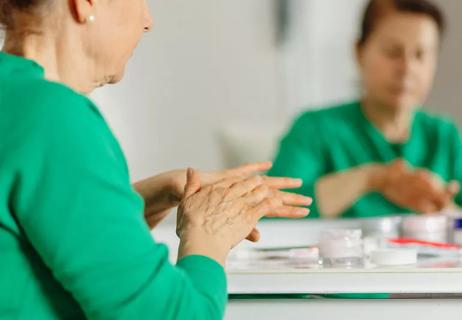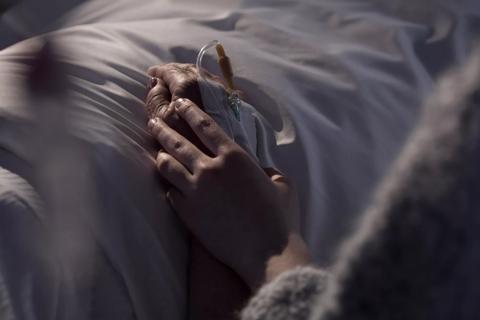First, remember you're in charge!

By Brian Rini, MD
Advertisement
Cleveland Clinic is a non-profit academic medical center. Advertising on our site helps support our mission. We do not endorse non-Cleveland Clinic products or services. Policy
If you just found out you need cancer treatment, there are ways to prepare yourself. Being ready will help you overcome the uncertainty and anxiety that so often goes along with starting treatment.
No matter what, remember who’s in charge: you! Too many people don’t realize that they — not their doctors — are in charge of their own health.
Here are five things you should do to help with your treatment:
Whether you’re facing chemotherapy, radiation or surgery, you need to know what to expect. Many people go into cancer treatment without knowing the possibilities. Then if a worst-case scenario happens, it catches them off guard. The most important way a physician can help you prepare for treatment is to clearly set expectations of the possible good — and bad — outcomes.
I don’t discourage patients from looking online for information about their upcoming treatment. There are a lot of good resources there that will help you prepare:
Advertisement
Provide all of your physicians with documentation about your conditions. Don’t assume they have everything. Think of it as you would a financial adviser — you’re paying him or her as the expert in how to handle your investments, but the money is yours and you’re the boss.
Don’t assume that a test result is normal just because you didn’t hear anything about it.
Use online information only as a starting point. None of the information you find online is a substitute for a face-to-face discussion with a physician. Smart patients gather their information then bring it into my office and say, “What do you think?”
There are plenty of off-line resources and other options as well:
Advertisement

Sign up for our Health Essentials emails for expert guidance on nutrition, fitness, sleep, skin care and more.
Learn more about our editorial process.
Advertisement

Chemo cold caps may help you keep more of your hair during therapy

Practice meditation together, make a unique-to-them care package and embrace emotions

From a thoughtful note to a special pillow, these items are a win

How to create your own organizational system

Take these steps to limit the damage

The short answer from an exercise physiologist

The short answer from an oncologist

10 things that can help ease your mind and keep you comfortable

Even small moments of time outdoors can help reduce stress, boost mood and restore a sense of calm

A correct prescription helps your eyes see clearly — but as natural changes occur, you may need stronger or different eyeglasses

Both are medical emergencies, but they are very distinct events with different causes